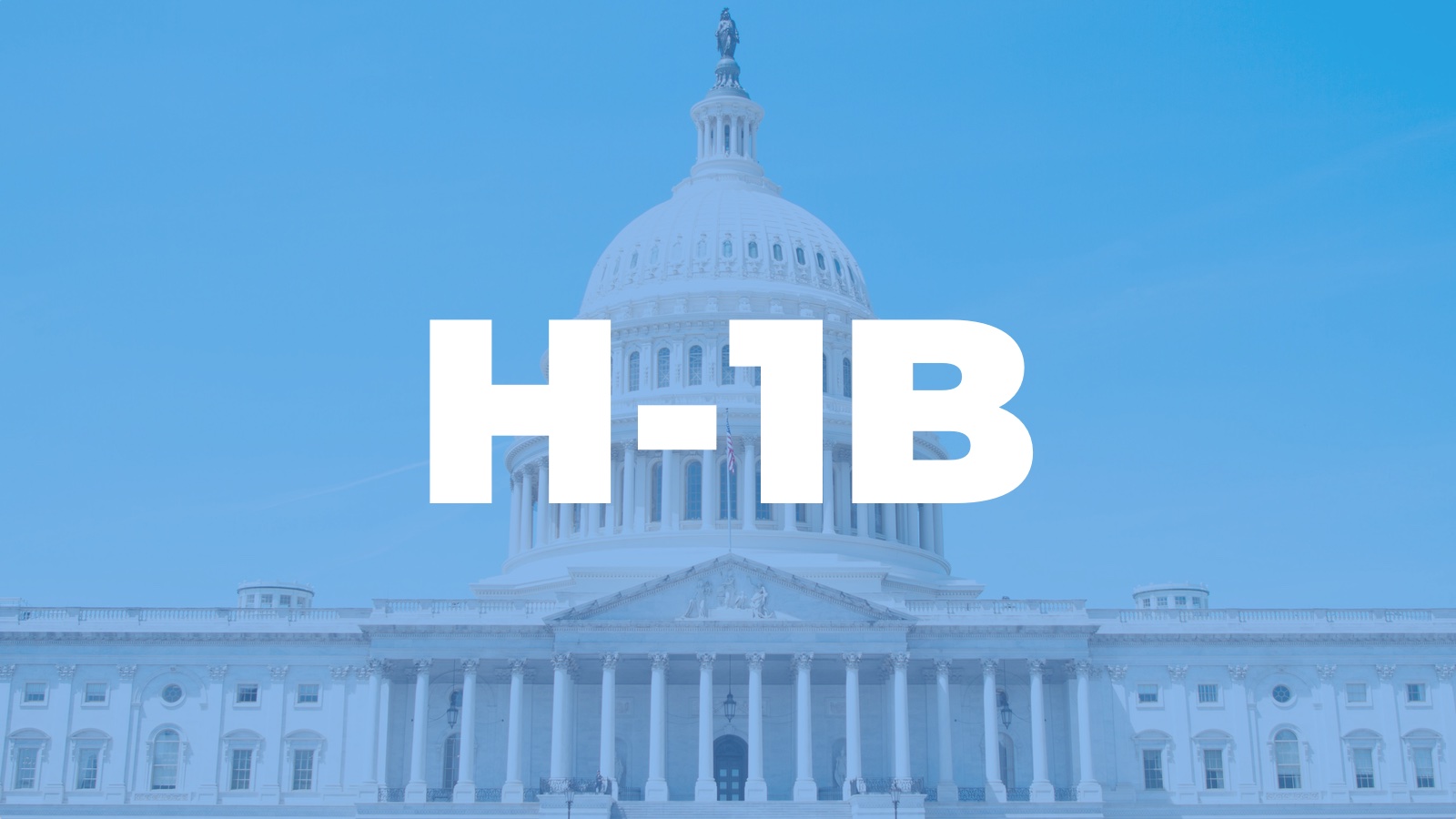The H-1B visa program, established by the Immigration Act of 1990, has undergone several modifications since its inception. The cap on H-1B visas—set at 65,000, with an additional 20,000 for those holding a U.S. master’s degree or higher—has been a subject of considerable debate and legislation, reflecting a balance between competing interests of protecting domestic workers and enabling U.S. employers to hire foreign workers with specialized skills.
Legislative History
With its tremendous importance, it’s hard to believe that the H-1B category has only been around for a couple of decades, established by the Immigration Act of 1990. Instituting a cap of 65,000 visas annually and targeting temporary workers in specialty occupations, the goal was to help U.S. employers address shortages in certain professional fields, such as in technology, engineering, and science.
Over the years, the cap fluctuated in response to the U.S. economy’s demand for skilled labor, especially in the technology sector, along with broader immigration policy considerations. Congress even set the cap as high as 195,000 in fiscal years 2001 to 2003!
The current cap, however, reflects legislative actions taken soon afterwards, particularly the H-1B Visa Reform Act of 2004, which was part of the Consolidated Appropriations Act, 2005 (Public Law 108-447), which reset the cap to 65,000 visa numbers and established an additional of 20,000 additional visa numbers for applicants with U.S. master’s degrees or higher.
Congressional Discussions and Statements
During congressional sessions leading up to changes in the H-1B cap, lawmakers expressed a range of perspectives that influenced the cap’s establishment:
- Economic Needs and Competitiveness: Proponents of increasing the H-1B cap argued that the U.S. needs to attract the world’s best and brightest to maintain its competitive edge, especially in fields like technology, science, and engineering. They highlighted the gap between the demand for high-skilled labor and the supply available domestically.
- Protection of Domestic Workforce: Opponents raised concerns about the potential for H-1B visas to depress wages and displace American workers. They argued for stronger protections for U.S. workers and more rigorous enforcement of visa program requirements.
- Fraud and Program Integrity: There was bipartisan concern about the potential for fraud and abuse within the H-1B program. Legislators called for tighter controls and measures to ensure that the program serves its intended purpose without disadvantaging domestic workers.
Further, Congress aimed to incentivize and reward those who completed advanced education within the U.S. by adding an additional 20,000 visas for those with U.S. master’s degree or higher, recognizing their potential contribution to the economy.
The caps and exemptions represent a compromise, crafted through extensive legislative negotiation, reflecting policymakers’ efforts to address the diverse needs of the U.S. economy, its workforce, and its educational system.
A Potential for Change?
Over the years, several attempts at comprehensive immigration reform have included provisions related to H-1B visas. These efforts often sought to increase the cap or adjust the program to make it more responsive to labor market demands and to address concerns about wages and worker protections.
Efforts to change the H-1B cap have also been influenced by lobbying from industry groups, particularly from the technology sector, which argues that the cap should be increased to address talent shortages. Conversely, labor and advocacy groups have sometimes opposed increases, arguing for stronger protections for U.S. workers.
For FY2024, the United States Citizenship and Immigration Services (USCIS) received a whopping 780,884 H-1B registrations. Such massively high numbers indicate a staggering need for adjustment of the available visa numbers. Recall, however, that adjustments to the H-1B cap would require either the passage of new legislation or amendments to existing immigration laws. As the old adage states, change certainly takes time. And as this firm always says, Congress just can’t seem to get its “Acts” together.


